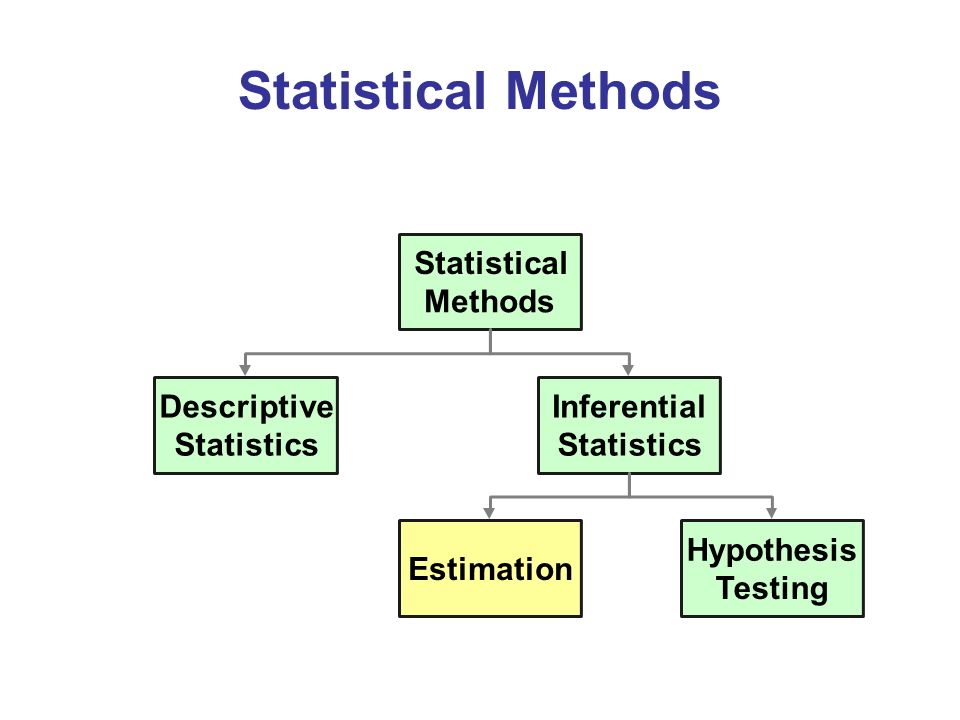The injunction to `analyze the way you randomize' is well-known to statisticians since Fisher advocated for randomization as the basis of inference. Yet even those convinced by the merits of randomization-based inference seldom follow this injunction to the letter. Bernoulli randomized experiments are often analyzed as completely randomized experiments, and completely randomized experiments are analyzed as if they had been stratified; more generally, it is not uncommon to analyze an experiment as if it had been randomized differently. This paper examines the theoretical foundation behind this practice within a randomization-based framework. Specifically, we ask when is it legitimate to analyze an experiment randomized according to one design as if it had been randomized according to some other design. We show that a sufficient condition for this type of analysis to be valid is that the design used for analysis be derived from the original design by an appropriate form of conditioning. We use our theory to justify certain existing methods, question others, and finally suggest new methodological insights such as conditioning on approximate covariate balance.
翻译:统计人员非常了解“分析你随机的方法”的禁令,因为Fisher提倡将随机化作为推理的依据。即使那些确信随机化推论的优点的人很少遵循此禁令。伯努利随机化实验常常被分析成完全随机化的实验,而完全随机化的实验被分析成是分层的实验;更一般地说,分析实验似乎随机化不同,这是不常见的。本文在随机化的框架中审视这种做法背后的理论基础。具体地说,我们询问按照一种设计来分析随机化实验何时合法,如同它是否按照其他设计随机化一样。我们表明,这种分析是否有效的充分条件是,用于分析的设计是以适当的调节形式从原始设计中衍生出来的。我们用我们的理论来为某些现有方法辩护,询问其他方法,最后提出新的方法见解,例如调整大约的共融平衡。




